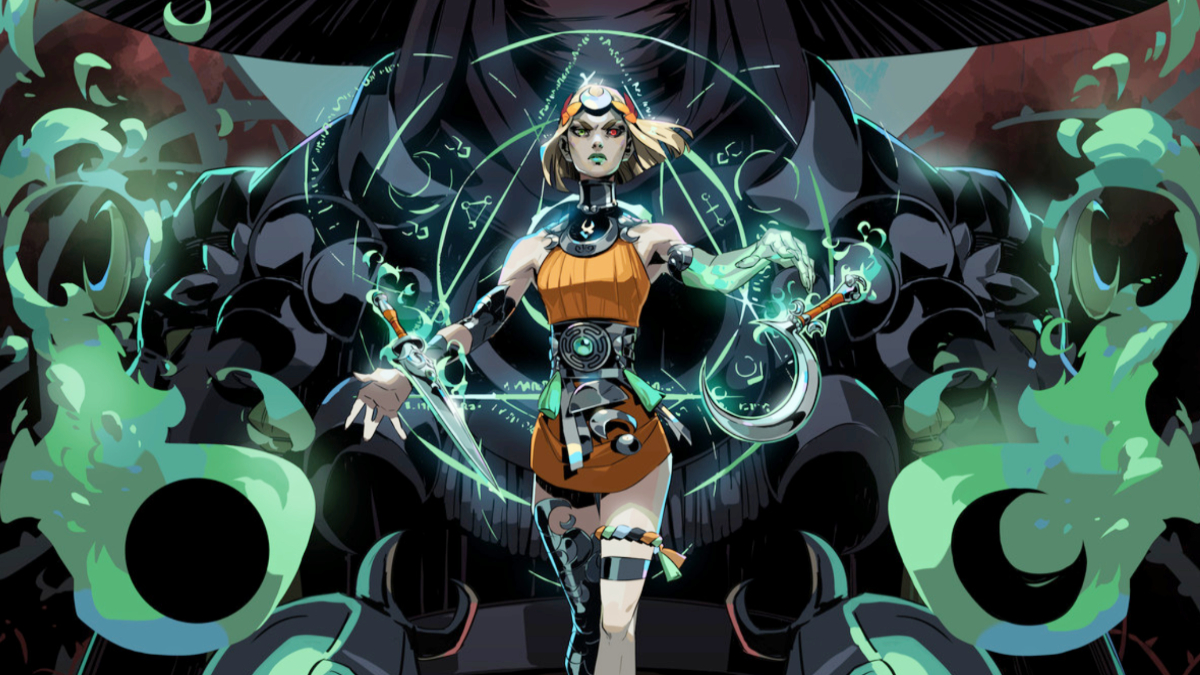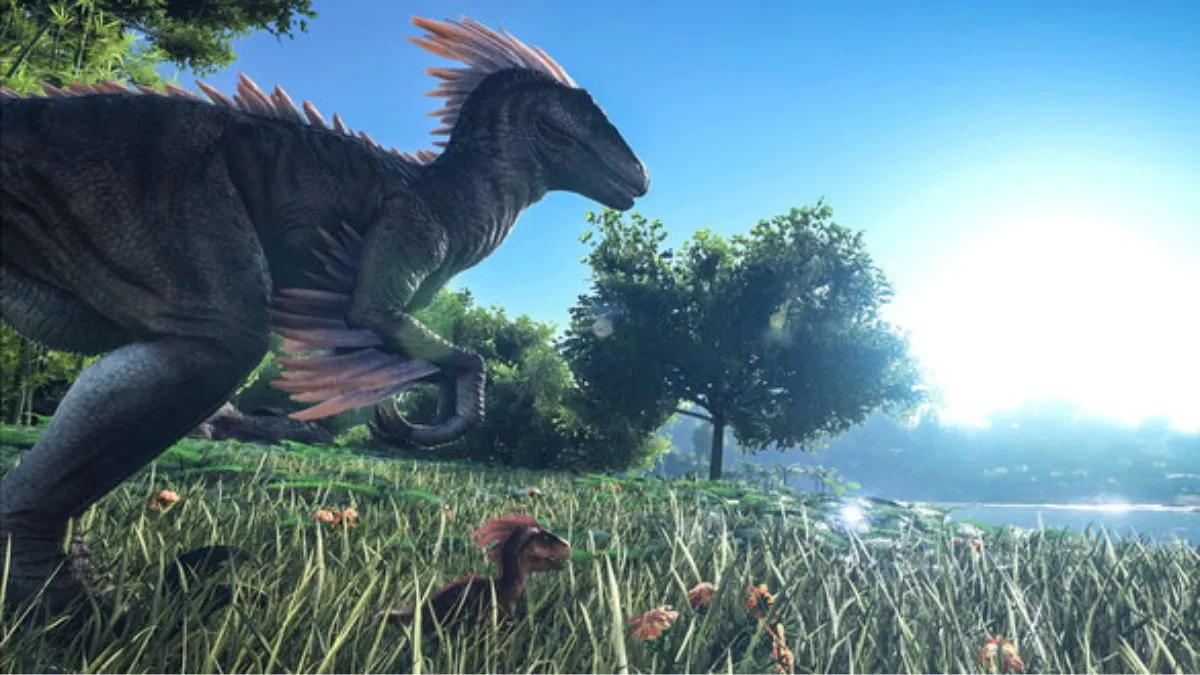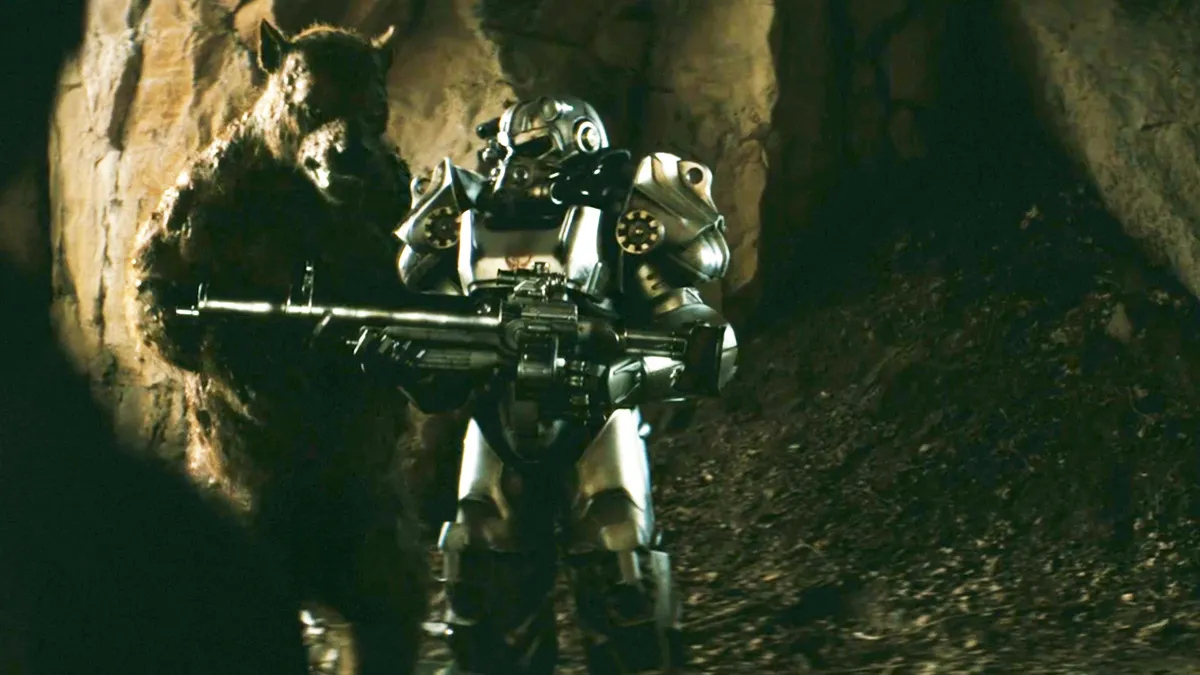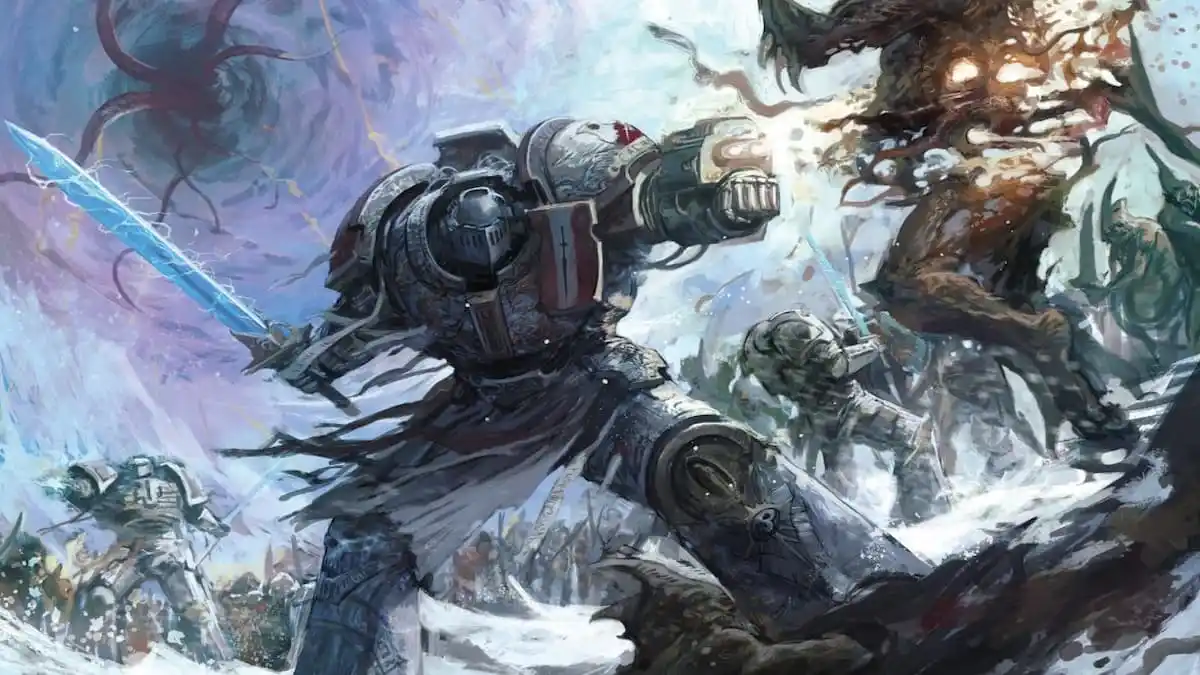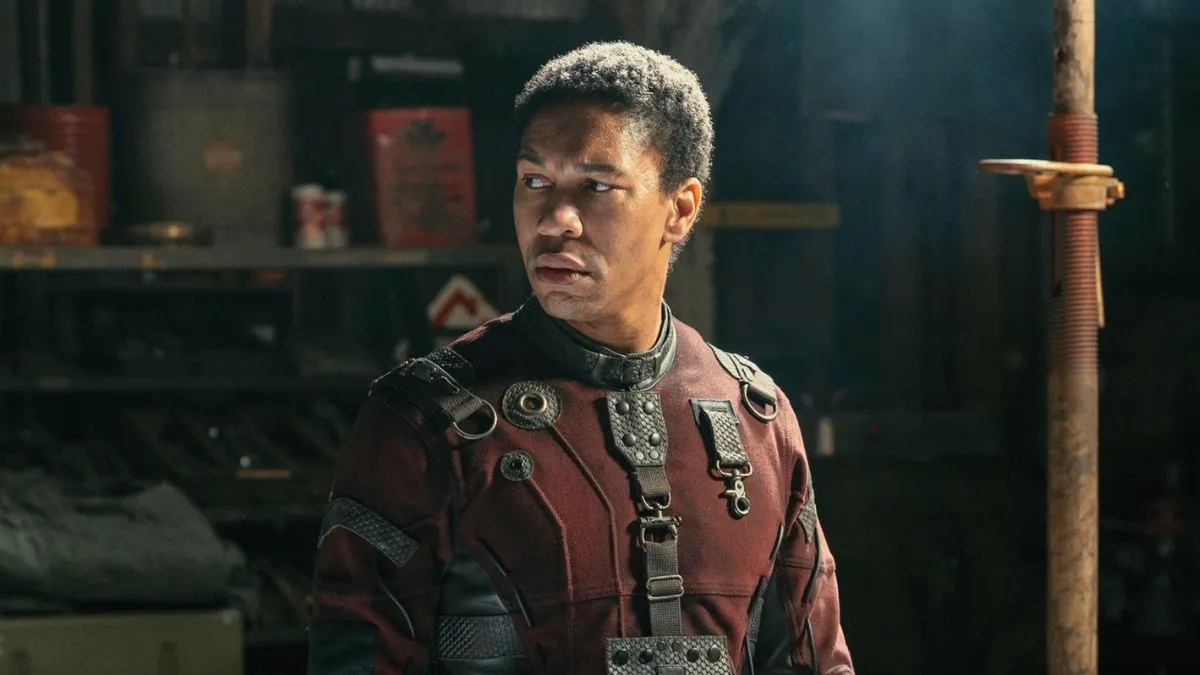
We’ve become so accustomed to seeing certain game types fuse together that it’s almost become boring, be this the puzzle platformer, stealth shooter, or action RPG. So when a game advertises a rare concoction of genres, there is an excited tingle of anticipation to discover how well they can, or cannot, be merged. It just so happens that developer Pera Games’ Overfall has come out of Early Access, which combines a visual novel with a turn-based tactical RPG, in a procedurally generated world.
Luckily, Overfall manages to blend all of its genres very smoothly, although it does throw you into the deep end somewhat. An old man tells our two heroes that it’s been hundreds of years since they were last seen, and that the king has gone missing in their absence. After suggesting that they begin by asking the leaders of the world’s clans for help, he plonks them on a ship, leaving you to figure out the rest for yourself.
You’re suddenly thrown onto a world map and left to roam around with no instruction. I found it pretty daunting to comprehend the assortment of different islands and ships surrounding my small vessel, especially when traveling around revealed how large the map was. My first run through was therefore about testing the waters, as Overfall wants you to find a personal strategy to its gameplay at your own pace.
A box in the left hand corner of the map screen explains that the environments are home to the races you can befriend (Dwarves, Elves, Orcs, Goblins, Hollows, Forsaken), while showing the current relationship with them. It’s best to pick which race you’re going for early on, as the enemy will beat you to finding the king if you take too many days sailing around finding friends.

Docking at an island usually means helping out the race that lives there. Tasks involve making conversation, surviving in combat, or going on a quest to a nearby location. You’re often given a choice in how to respond to people, with white speech bubbles representing standard answers, and unique character class alternatives in yellow – so if the Wizard is in the party he might offer to help with magic, while the Cleric can heal others or ask for guidance from spirits. How you handle each situation affects whether your reputation, food, and money goes up or down, with the norm being rewarded for being nice, and punished for being mean.
It all sounds very basic, but it’s this simplicity that makes Overfall work so well. Tying it all together is the clever writing that balances serious and humorous moments. My favourite mission was working out who had committed a murder as the narration box changed its style to that of a first-person noir mystery, which was very entertaining. The dedication can particularly be seen in the alternative scenarios for each choice, so it’s never boring to repeat a mission. There were unfortunately too many spelling and grammar mistakes to overlook, although the developers are constantly creating updates to fix these as and when they find them.
If a quest turns to fighting, the environment automatically adds a grid, as characters are positioned for combat. Party members of both sides are given three actions per turn which are broken down into movement, stat effects, and damage. There are two movement options, one simply walking within their allotted amount of spaces, while the other is more skill based.
For example, the Knife Juggler being able to temporarily teleport and damage nearby enemies upon landing. Next is a choice between three stat effects that enhance your party, or hinder the enemy. Finally, you get the chance to do some damage, by picking between three different weapon abilities.
The pressure is on in every fight as you’ll die very quickly without a good strategy. While the main classes can be resurrected if you have a rune stone, secondary characters are permanently lost until the next playthough. Add the necessity to restart if everyone perishes at the same time, and death is given rather heavy consequences. The AI isn’t stupid either. They will often target the character with the least health, or gang up on a party member. Each race has a slightly different combat strategy, so you have to change tactics for who you’re fighting, such as the Orcs buffing their attacks then aiming for multiple targets at once.

If you hadn’t already been aware of it, the combat will draw your attention to the soundtrack. For the most part it stays in the background, adding just the right amount of atmosphere to each situation. It’s during the battles that it really shines though, slowly building upon the theme to the extent that male voices start joining in. The music boosted my determination every time it played, and more than once I found myself humming along, pumping my fist in time to the beat.
The skills available in battle are synonymous to the class of characters in your party. When I started the game I had to pick the Fighter and Cleric, but after one run I managed to grab two more classes to choose from, since I’d helped those characters out within the playthrough. If you complete enough actions in the game you can unlock the remaining two slots in the party, which can be filled from a list of 36 additional characters. It was exciting to discover new people and was made extra rewarding by the effects they have in battle, as well as their unique personalities. Even more customization is on offer for the main 9 classes, as you can change their weapons, and trinkets for new move-sets and effects, as long as you manage to find them within the world.
Overfall is definitely a game I got better at with each run. The more items and characters I discovered, the more personal I was able to make my battle and conversational strategies. The friendlier you get with a tribe the more specific the quests become, until they agree to give information of the king, in return for your help. I’m not going to spoil the ending of the campaign, but just know that you’re given a different situation depending on which race you chose to befriend, and a reason for your heroes to be sent back in time to gather more power.

One full run of the campaign takes around 3 hours, so it can easily be completed in a single sitting. It’s a game best completed over short bursts, as the mini quests and battles can get repetitive if you’re in it for the long haul. The procedural generation of the world does help to change up the pace each time, but can be annoying when it pitches you against strong enemies early on, or spreads similar islands far away from each other, hampering your time limit to victory.
If you do complete the whole campaign and still want more, Overfall gives the opportunity to create your own world and situations with its Story Builder. It’s reminiscent of the Twine software as you set each action, dialogue segments and choice options into boxes which then link to other boxes containing the outcomes for each possibility, and so forth. You can share any completed creations online, and play the scenarios that others have come up with, which is a great way to expand the gameplay experience.
Overfall may surprise people by how well the different genres have come together. The visual novel elements are fast paced, with witty writing to keep you entertained. The intercutting combat has a satisfying level of strategy, staying fresh through the different classes to choose from and clever AI. Wrapping everything up is the music, collectables, endings and other such details, that give gamers a solid reason to keep coming back for more.
This review is based off a PC copy of the game, which we were provided with.


